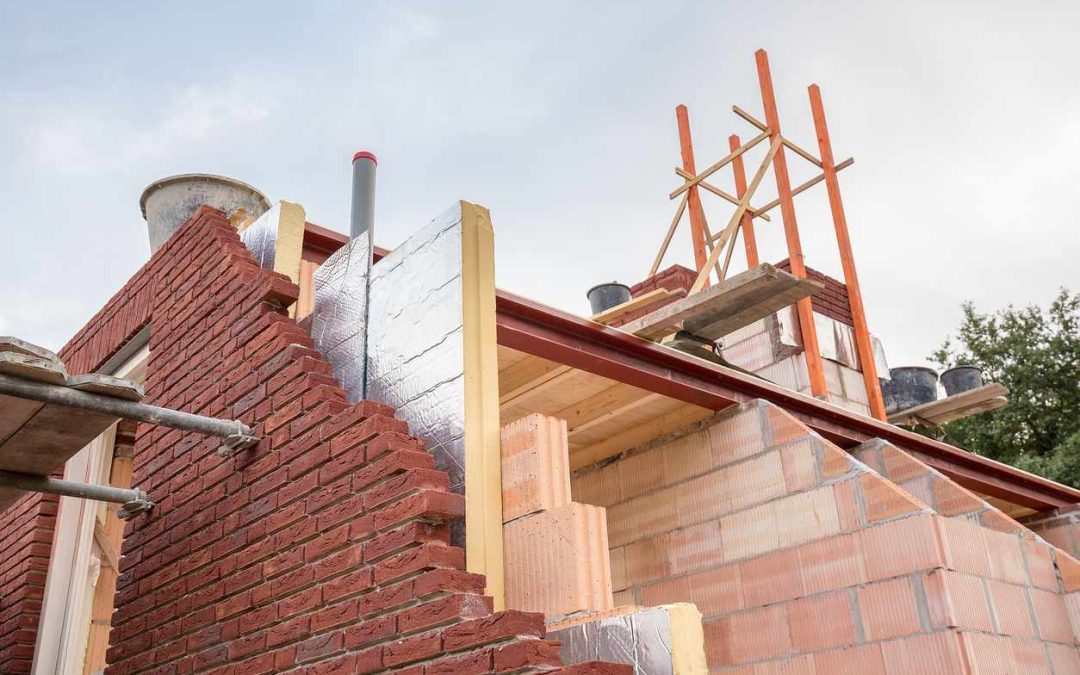Party wall construction is a crucial aspect of building projects that involves the creation or alteration of a wall between two properties. It ensures structural integrity and safeguards the rights and interests of adjacent property owners. In this article, we will explore the intricacies of party wall construction, covering its significance, legal requirements, and essential steps.
Understanding Party Wall Construction:
What is a party wall?
A party wall refers to a shared wall or structure that separates two properties, typically situated on the boundary line. It is jointly owne and use by both property owners.
Why is party wall construction important?
Party wall construction plays a vital role in maintaining the stability and safety of neighboring structures during building works. It ensures that no undue stress or damage is cause to the party wall or adjacent properties.
Legal obligations:
The Party Wall etc. Act 1996: This legislation outlines the legal framework for party walls construction in England and Wales. It sets out the rights and responsibilities of property owners undertaking building works.
Party Wall Notice: Before commencing any construction work, property owners must serve a Party Walls Notice to their neighbors, providing details of the proposed work. This notice allows neighboring owners to express any concerns or objections.
Party Wall Agreement: If the neighboring owners raise concerns, a Party Wall Agreement is necessary. This agreement outlines the terms and conditions for the proposed construction, including dispute resolution mechanisms.
Party Wall Construction Process:
Engage a party wall surveyor: A party wall surveyor is a qualified professional who specializes in party wall matters. It is advisable to appoint a surveyor with experience in party walls construction to guide you through the process.
Serve Party Wall Notices: Issue Party Wall Notices to your neighbors, detailing the scope of work, proposed start date, and any potential implications. This notice should be served at least two months before the intended construction start date.
Survey and assess the party wall: Conduct a thorough survey of the party wall to evaluate its condition and identify any pre-existing defects. This assessment will help determine the necessary precautions and modifications required during the construction process.
Agree on a Party Wall Award: In case of objections or concerns raised by neighboring owners. A Party Wall Award is required. This award is prepared by the appointed surveyors and sets out the rights and obligations of each party, along with specific construction requirements.
Construction and monitoring: Once all necessary agreements are in place, proceed with the construction work. Monitor the project closely to ensure compliance with the agreed-upon specifications and minimize any potential impact on adjacent properties.
Conclusion:
Party wallsconstruction is a critical aspect of building projects, ensuring the protection of neighboring properties and maintaining structural integrity. By adhering to legal requirements, serving Party Walls Notices, and engaging professional surveyors, property owners can successfully navigate the complexities of party wall construction. Remember, effective communication and cooperation with neighboring owners are key to a smooth and amicable construction process

